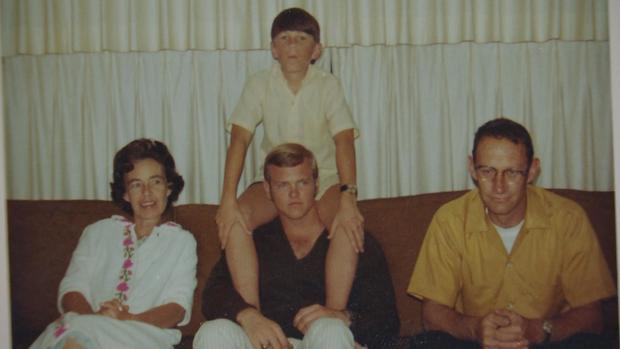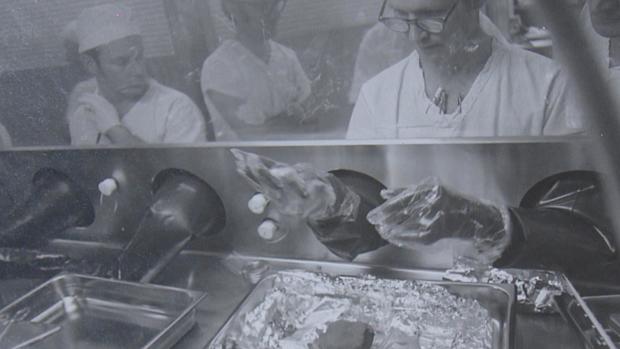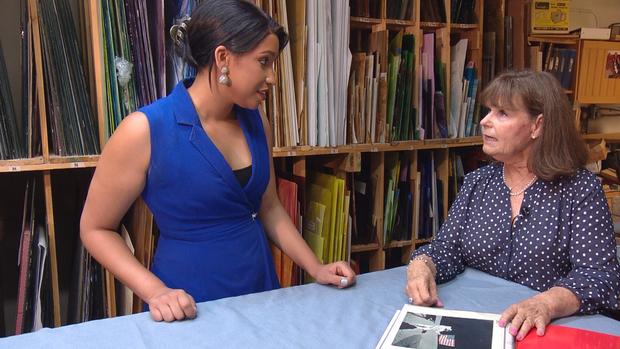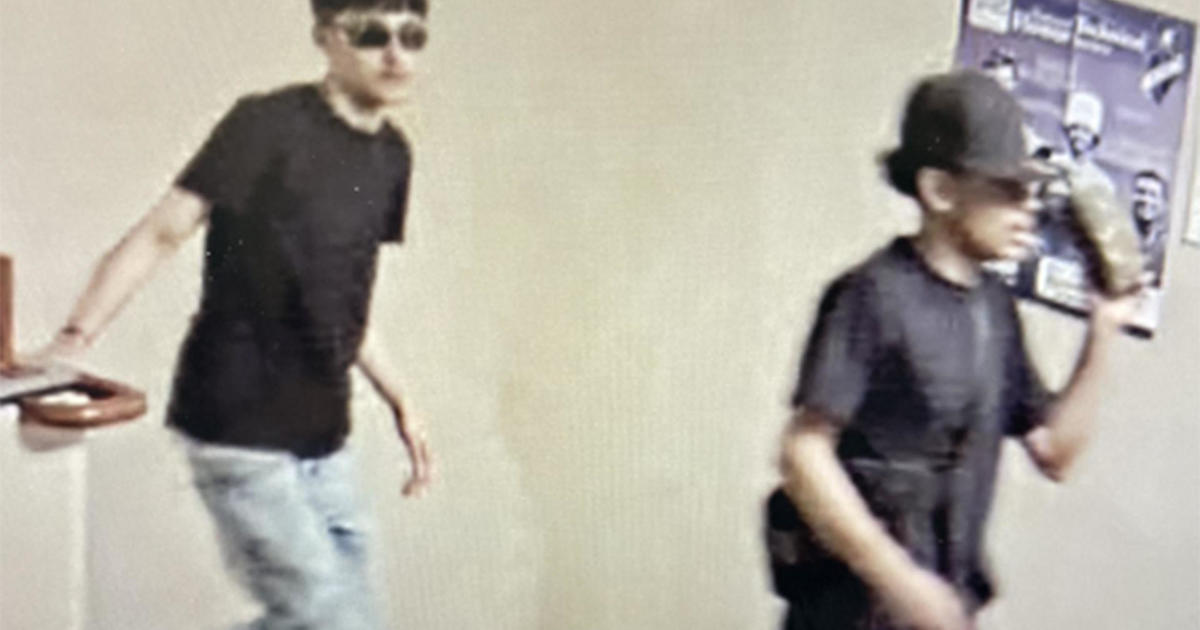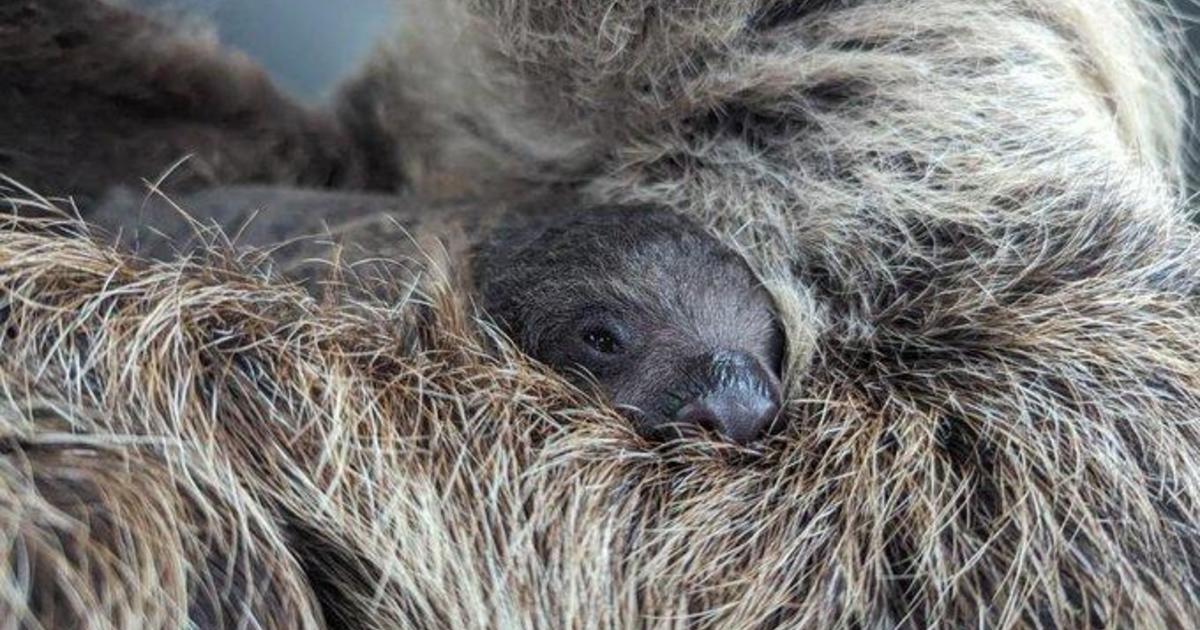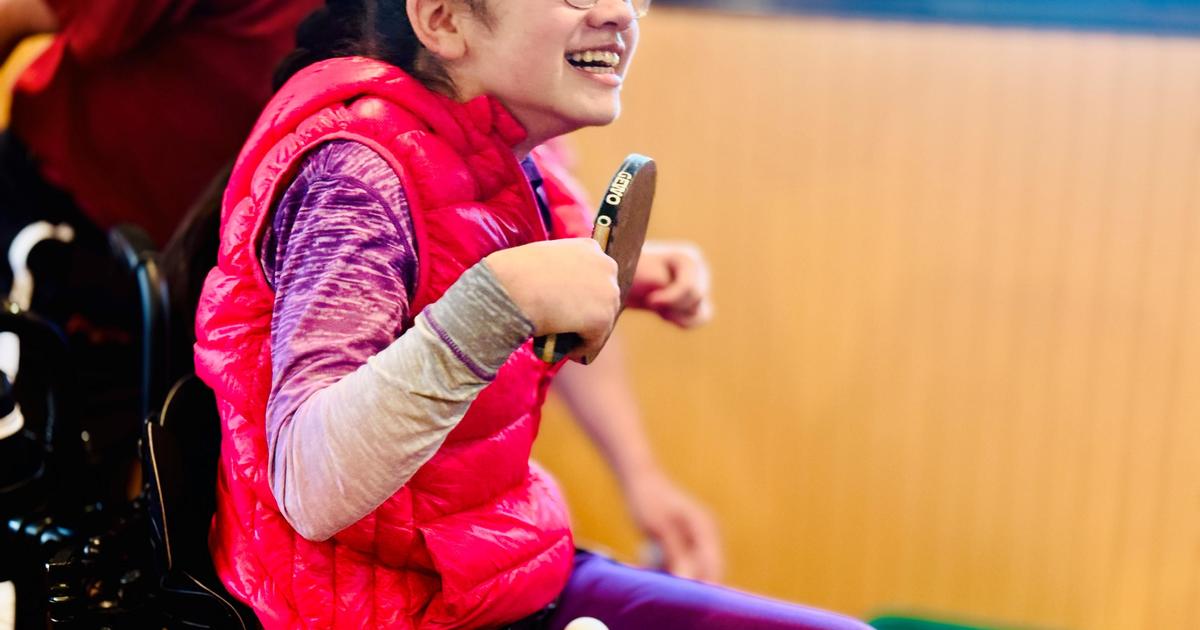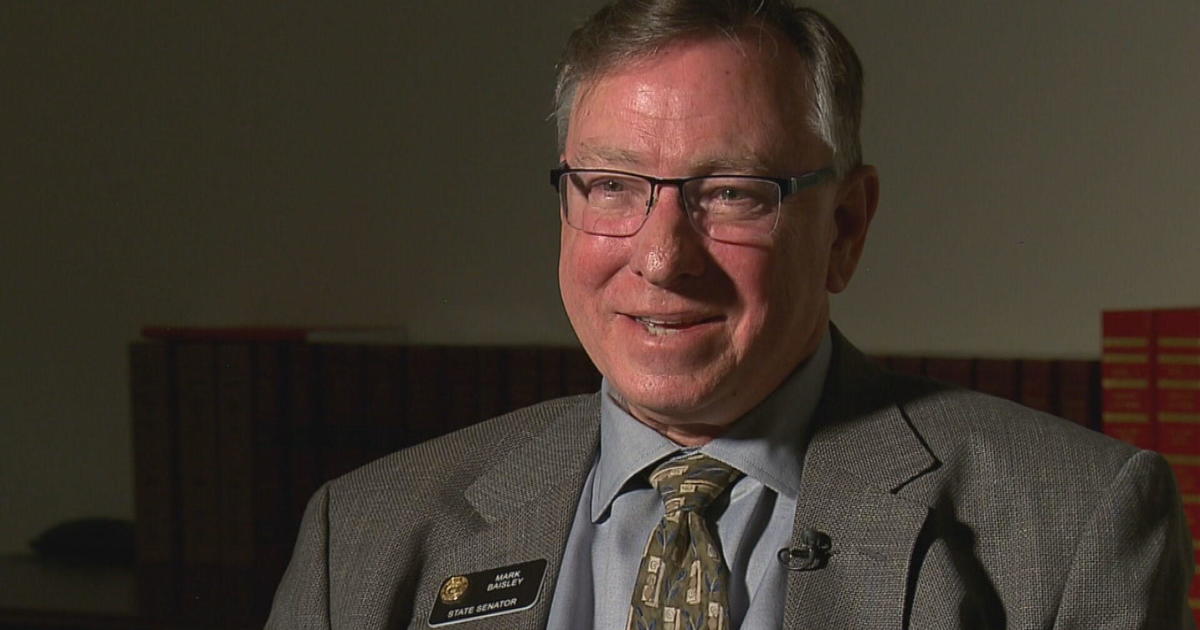Coloradan's Dad Helped Determine Moon's Age Using Rocks From Apollo 11 Mission
DENVER (CBS4) - A crew on the United States' Apollo 11 landed on the Moon in 1969. Shortly after that, a part of the moon landed in Denver.
"We were sitting on the couch watching it happen," remembered Denver-resident Jane Watkins, "Everybody was watching TV."
Watkins snapped a photo of her family watching the lunar landing to remember the historic moment.
Little did she know, her father was getting a better souvenir.
"He told us he was going to be getting moon rocks in the next few weeks and dating the moon. We asked why, he didn't tell us! He said 'I don't know,'" remembered Watkins.
Her father, Dr. John Rosholt was one of the scientists at the U.S. Geological Survey at the Denver Federal Center assigned to study the moon's surface. His analysis of the lunar dust helped determine the moon is 4.6 billion years old.
Before Rosholt could study the moon, he had to get a small part of the moon back to Denver.
"He was thinking 'What's the best way to protect these moon rocks?' He decided to put them in a brown briefcase," said Watkins, joking that it would draw less attention than a box labeled "NASA."
Rosholt boarded a flight from Houston to Denver, with the lunar luggage in hand.
"He took his belt off, wrapped it around the strap of his briefcase, and wrapped it around his ankle. That way, if the plane went down they would know it's important. If he fell asleep, no one could take his moon rocks," explained Watkins.
Rosholt was able to hide in plain sight -- at least until he got home.
"My mother knew he was coming home and told her bridge club. When he walked in the door there must've been 20 ladies and our friends," said Watkins.
Her mother let the "rocks" out of the bag, but her father never did.
"Dad said 'I cant open the case! I can't contaminate them!'" remembered Watkins.
Watkins never got to see those rocks in person, but on a clear night, she's able to see part of her father.
"I was saw the full moon the other day. I was looking up thinking 'Dad, look at what you've done. 50 years later.'"
RELATED: Apollo 11 50th Anniversary Special To Air On CBS4 On Sunday July 21 At 10:30 a.m.
